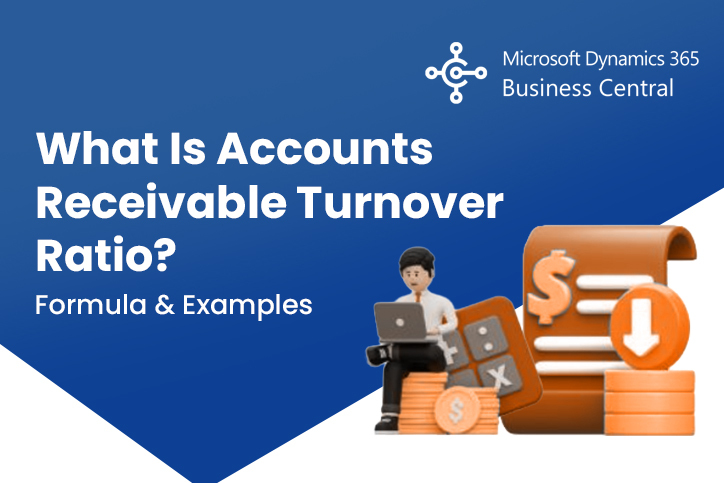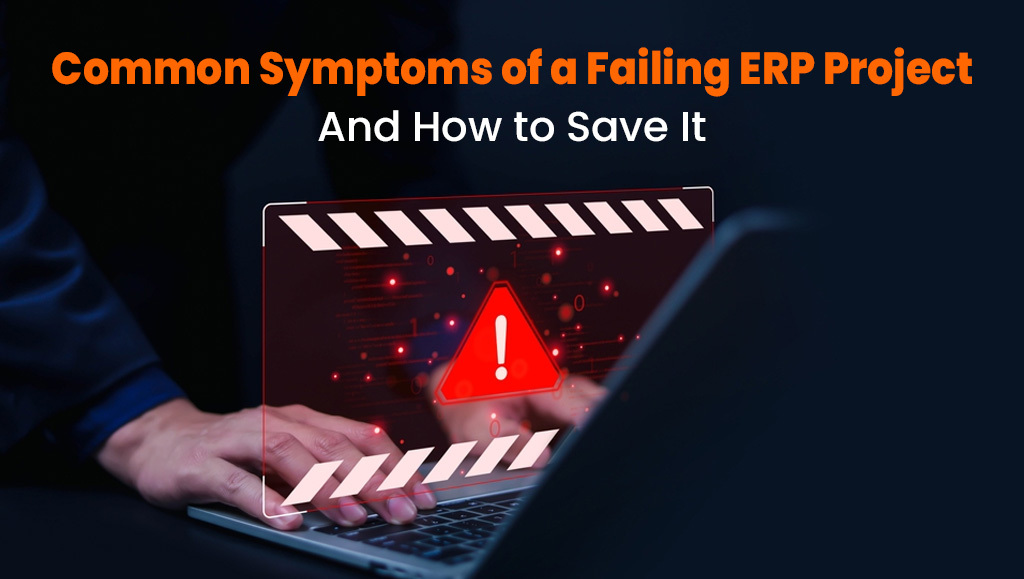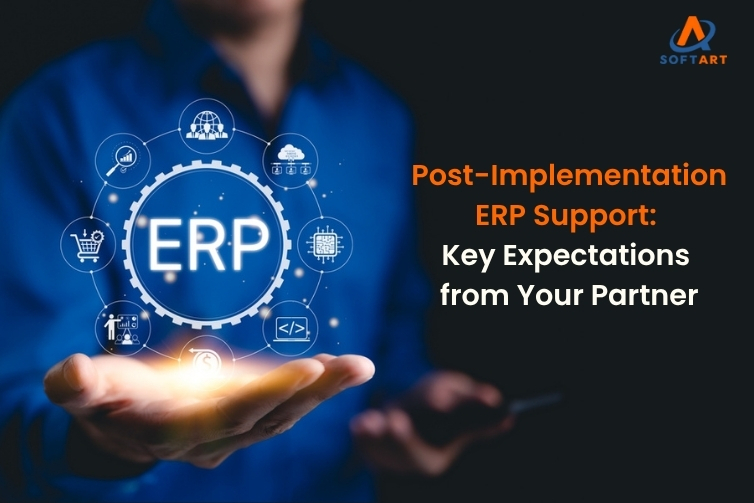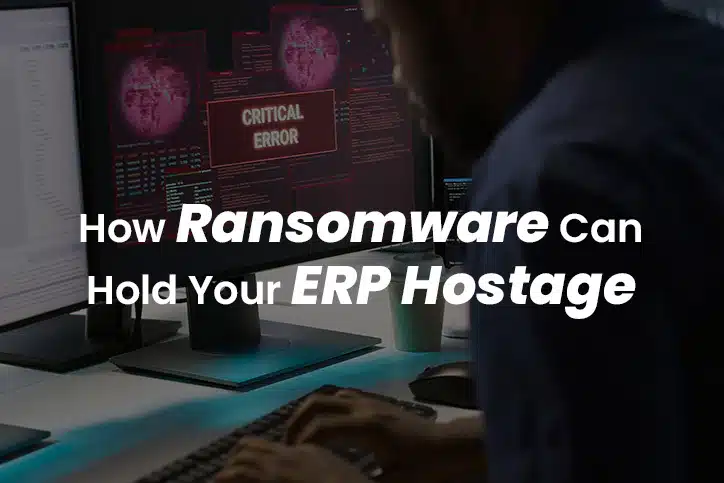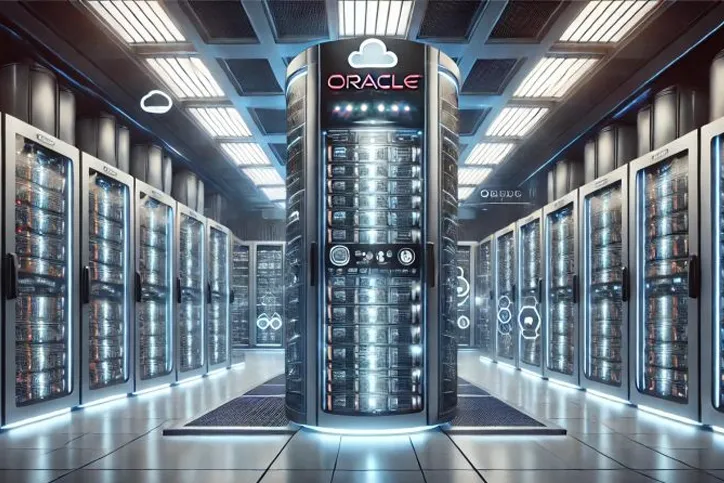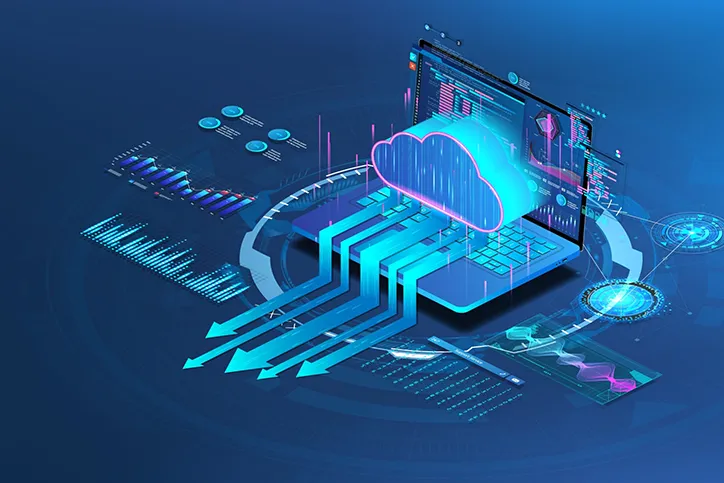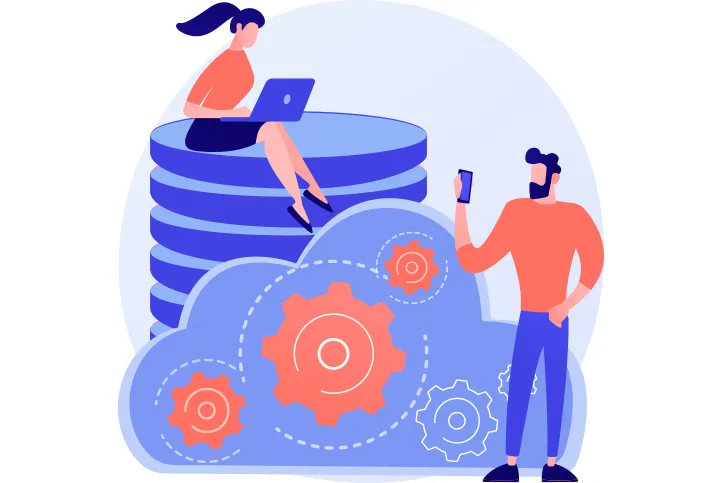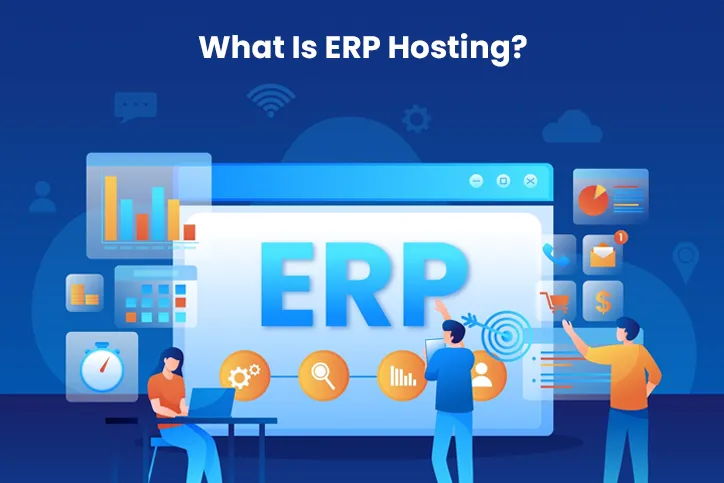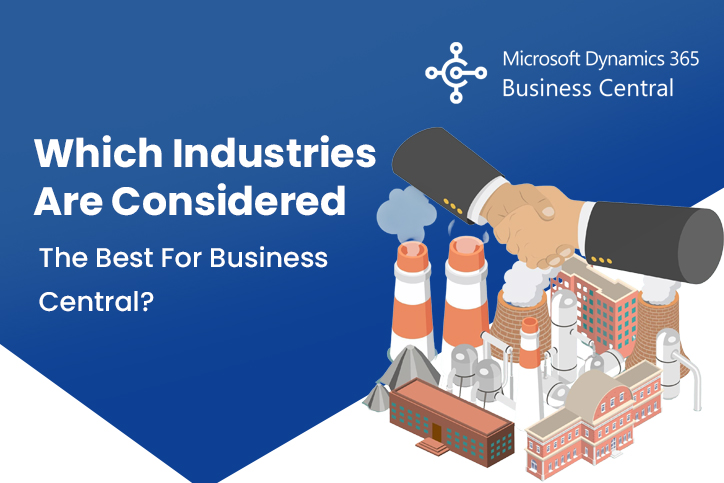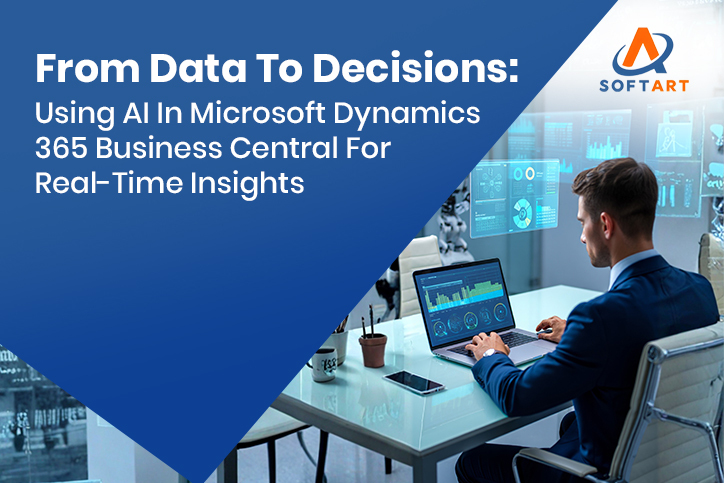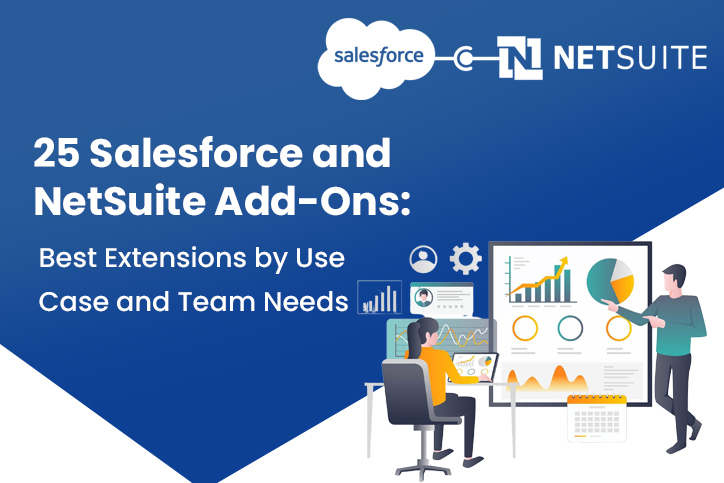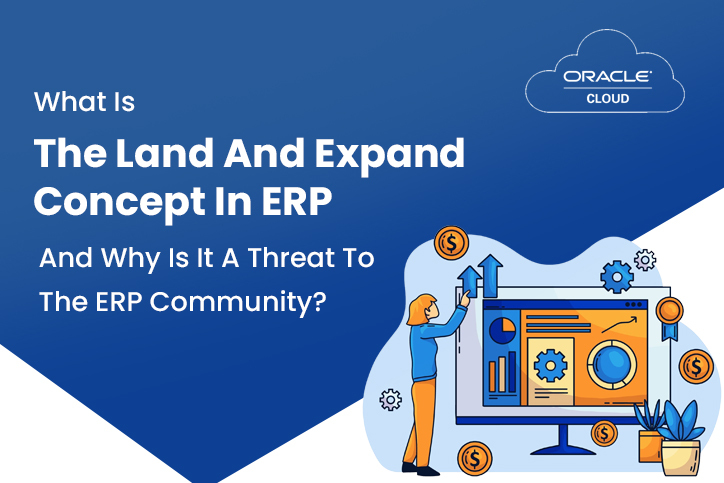What Is Accounts Receivable Turnover Ratio? Formula & E...
In fast-moving industries where cash flow influences every strategic decision, one metric plays a bigger role than most businesses realize. The Accounts Receivable Turnover Ratio helps companies under...
ERP Software
- 12-23-2025
- 47 Reads
- 5 min read
Latest Blogs
Common Symptoms of a Failing ERP Project (And How to Save It...
Why Do ERP Projects Fail? And How You Can Fix Yours Before It’s Too Late Have you ever asked yourself, “Why do ERP projects fail?” You’re not alone. Mid-to-large businesses often invest ...
ERP Software
- 10-13-2025
- 146 Reads
- 5 min read
ERP Support After Implementation: What Should You Expect fro...
Enterprise Resource Planning (ERP) systems can transform operations but the real challenge often begins after go-live. Many companies invest heavily in Oracle ERP, NetSuite or Microsoft Dynamics 365 ...
ERP Software
- 09-30-2025
- 170 Reads
- 7 min read
How Ransomware Can Hold Your ERP Hostage
Think Your ERP Is Safe from Hackers? One Missed Update Could Shut Down Your Entire Business. When hackers infiltrate your network, they aren’t just looking for credit card details or personal data. ...
ERP Software
- 06-10-2025
- 300 Reads
- 7 min read
Best Practices for ERP Data Migration: A Comprehensive Guide
ERP Data Migration is one of the most critical yet challenging aspects of implementing a new ERP system. A well-planned migration ensures a seamless transition, minimizes downtime, and safeguards bus...
ERP Software
- 03-10-2025
- 350 Reads
- 4 min read
Top ERP Implementation Strategies in 2025
In the modern business landscape, effective management of internal processes is no longer optional—it’s a necessity. From finance to manufacturing, human resources to supply chain, businesses rely...
ERP Software
- 01-17-2025
- 353 Reads
- 7 min read
All About CEMLI Remediation for Oracle EBS 12.2 Upgrade
CEMLI Remediation is a critical step for businesses planning an upgrade to Oracle E-Business Suite (EBS) 12.2. Ensuring a seamless transition while maintaining operational efficiency is essential for ...
ERP Software
- 01-07-2025
- 370 Reads
- 5 min read
How to Save Cost of Running Oracle EBS?
Is Oracle EBS costing your business more than it should? Are you overwhelmed by the growing expenses of running Oracle E-Business Suite (EBS)? While Oracle EBS is a powerful tool for managing enterpri...
ERP Software
- 12-30-2024
- 391 Reads
- 4 min read
What is Oracle Sustaining Support and Why Should Database Cu...
Oracle Sustaining Support maximizes your investment protection by providing maintenance for as long as you use your Oracle software. It ensures business continuity without forcing you into immediate ...
ERP Software
- 12-03-2024
- 624 Reads
- 4 min read
Extending Oracle Cloud Applications for Your Unique Needs
Oracle Cloud Applications offer businesses more than just powerful software—they provide a versatile foundation that adapts to the distinct needs of any organization. However, out-of-the-box solutio...
ERP Software
- 11-22-2024
- 429 Reads
- 7 min read
What Is ERP Hosting?
Efficient management of business processes is crucial for success in today’s competitive landscape. But how can companies ensure that their operations, from finance and HR to supply chain management...
Blog
- 10-10-2024
- 1K Reads
- 5 min read
